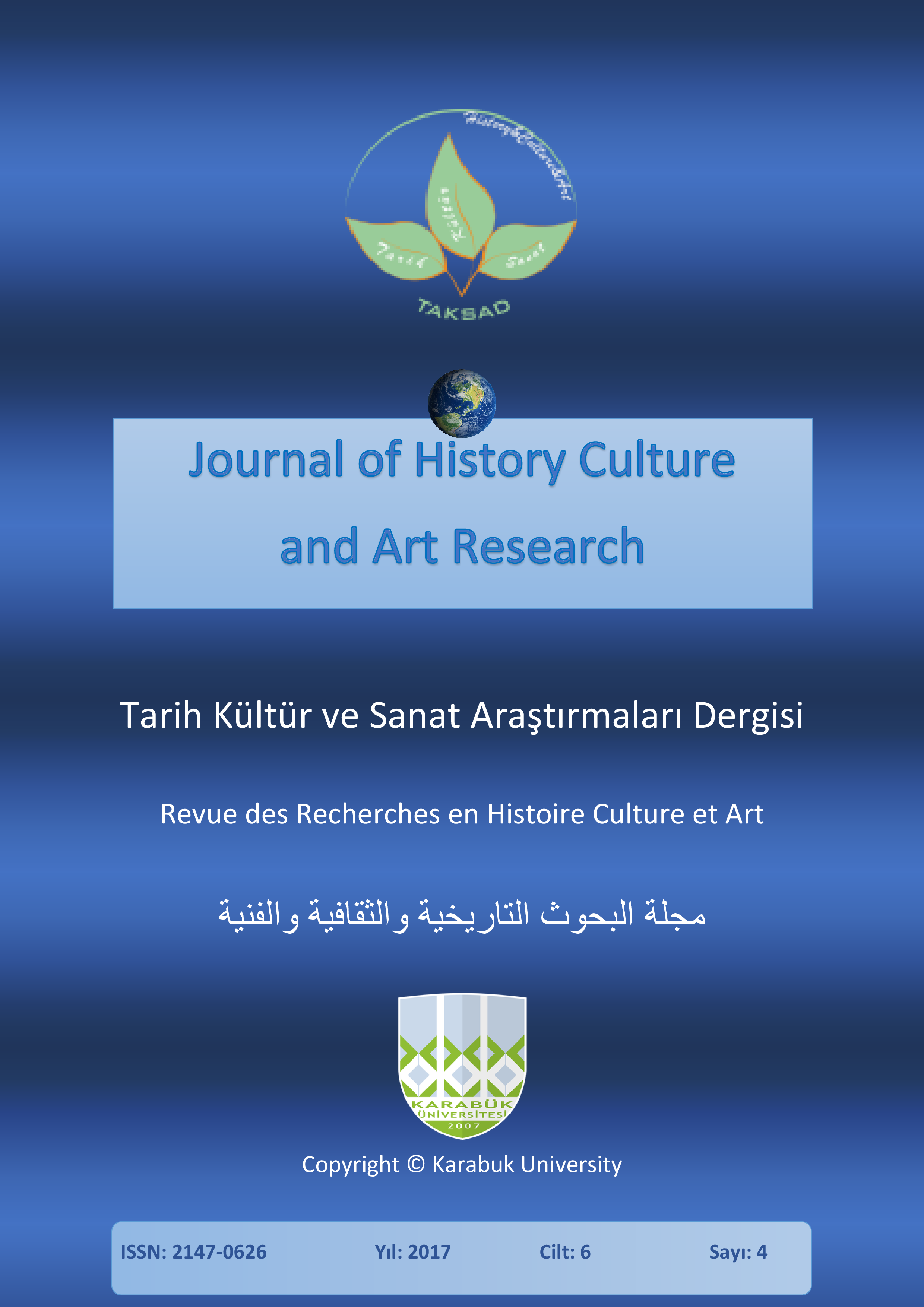Subject-Oriented Approach in the Professional Formation of the Future Music Teacher
DOI:
https://doi.org/10.7596/taksad.v6i4.1120Keywords:
Subject-oriented approach, Pedagogy, Art, Music, Teacher.Abstract
The article deals with the possibilities of introducing a subject-oriented approach into the practice of professional education of the future music teacher. Particular attention is paid to the forms and methods used in this field, as well as to the conditions of the modern cultural environment, which allows for the free self-realization of the individual in accordance with his subject needs. Subject-oriented approach is the practice-oriented research. The study identified a number of the most significant components in the preparation of a music teacher, such as individual forms of studies and a number of special methods, which include the method of artistic associations, verbal "allegories", metaphors, the method of heuristic tasks for mastering creative activities. The openness of the musical and pedagogical system has great importance in its ability to respond to changes in the music and educational environment, which includes educational institutions and various cultural institutions: theaters, concert halls, orchestral and choir groups. All that conditions are necessary to ensure the possibility of creative self-realization and self-actualization of future music teachers.
References
Akbarova, G. N.; Dyganova, E. A. & Yavgildina, Z. M. (2016). The Technology of Self-Education in Music Pedagogues' Professional Training. TOJDAC, November, Special Edition, 2233-2238.
Andreev, V. I. (2005). Pedagogika of High School. Innovazionno-prognosticheskiy kurs: uchebnoye posobiye. Kazan: Zentr innovazionnih tehnologiy.
Berlyanchik, M. M. (2009). Iskusstvo i lichnost. V 2 kn. Kn. 1. Problimi khudozhestvennogo obrazovaniya i muzikalnogo ispolnitelstva. Moscow.
Borytko, N. M. & Mazkajlova, O. A. (2002). Stanovlenie subektnoj pozicii uchashhegosja v gumanitarnom prostranstve uroka. Volgograd: Izd-vo VGIPKRO.
Galiullina, D. Kh.; Zamaletdinov, R. R. & Bolgarova, R. M. (2016). Comparison as the Way of Tatar and Russian World Picture Specifity Representation. International Journal of Humanities and Cultural Studies, Special Issue, August, 556-562.
Karkina, S. V. & Fajzrahmanova, L. T. (2016). Tradition and Modern Experience of the Kazan Piano School in the Aspect of Subject-Oriented Approach. Turkish Online Journal of Design Art and Communication, 6, 2451-2456.
Khurmatullina, R. C. & Yachina, N. P. (2015). Formation of Individual Creative Activity Style of a Prospective Music Teacher. Review of European Studies, 7(5), 231-236.
Maslow, A. (2006). Motivatziia i lichnost. SPb: Piter.
Orlov, A. B. (1995). Lichnost i sushchnost: vneshnee i vnutrennee Ia cheloveka. Voprosy psihologii, 2, 5-19.
Smyslova, E. V. & Khabibullina, L. F. (2011). The problem of Free Will in “The Clockwork Testament or: Enderby's End” by A. Burgess. The Turkish Online Journal of Design, Art and Communication, 2626-2631.
Downloads
How to Cite
Issue
Section
License
All papers licensed under Creative Commons 4.0 CC-BY.- Share — copy and redistribute the material in any medium or format
- Adapt — remix, transform, and build upon the material for any purpose, even commercially.
Under the following terms:
Attribution — You must give appropriate credit, provide a link to the license, and indicate if changes were made. You may do so in any reasonable manner, but not in any way that suggests the licensor endorses you or your use.
- No additional restrictions — You may not apply legal terms or technological measures that legally restrict others from doing anything the license permits.







